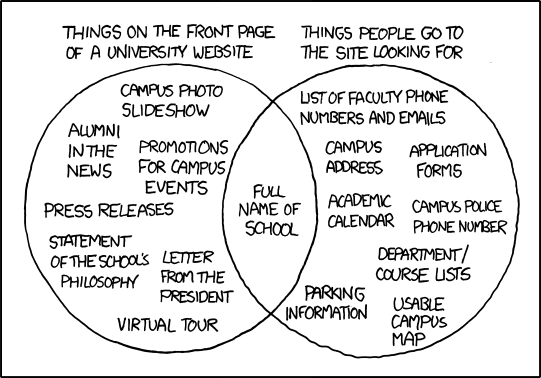 interconnectedness of all things, and how picking cherries relates to teaching and learning writing.
interconnectedness of all things, and how picking cherries relates to teaching and learning writing.1. The tendency for novice writers to "cherry pick" their data. It doesn't strengthen a writer's position to ignore data that may not agree with your a priori position (what you thought before you learned anything). Teachers want you to look around, become an expert and present a balanced look at the situation, then clearly define and articulate your position. Besides, rejecting too many choices shuts you off to possibilities and limits your experience.
2) "Bruised fruit can sometimes turn out to be the sweetest" (Grandma Dixon). It takes some experience to know what is and isn't useful, so don't be too picky and don't be afraid to benefit from collaboration and judgement of others. Someone else will be washing and pitting - they can help you when you have doubts - better to pick than to leave it on the tree. Just because an article doesn't look like it supports what you think your thesis will be - reading the article may provide ideas that will - or maybe your position will change to something easier to defend - which isn't necessarily bad. Some positions deserve to be changed. That's learning.
3) Going after low-hanging fruit is easy - but less rewarding than you might think. It's harder to find anything original that hasn't been consumed by anyone walking by if it's really easy to access. Like using wikipedia. It's low-hanging fruit: easy to access and generally thought to be up for grabs by anyone - but technically it does belong to the owners of the tree
 and or land it grows on. If it's community property then it isn't worth quoting. A little work will improve your experience exponentially. (needs work).
and or land it grows on. If it's community property then it isn't worth quoting. A little work will improve your experience exponentially. (needs work).4) You think you've picked a spot clean - leave and come back and discover by looking at it from a different angle there's a lot you missed. Revisiting places you've been can be rewarding. Reread research - and search again using different terms and word choices.
5) It isn't about the cherries. My young son helped pick this year. He picked some bad cherries, he provided many distractions and kept my dad and I from being productive, and he on several occasions
 dumped perfectly good cherries into the grass for reasons that don't make sense to anyone over 3. But it wasn't just about the cherries. We could have bought the fruit at the market for less than what we spent on gas if that was it. He was learning. I was maybe teaching. Three generations of family were spending time together.
dumped perfectly good cherries into the grass for reasons that don't make sense to anyone over 3. But it wasn't just about the cherries. We could have bought the fruit at the market for less than what we spent on gas if that was it. He was learning. I was maybe teaching. Three generations of family were spending time together.








